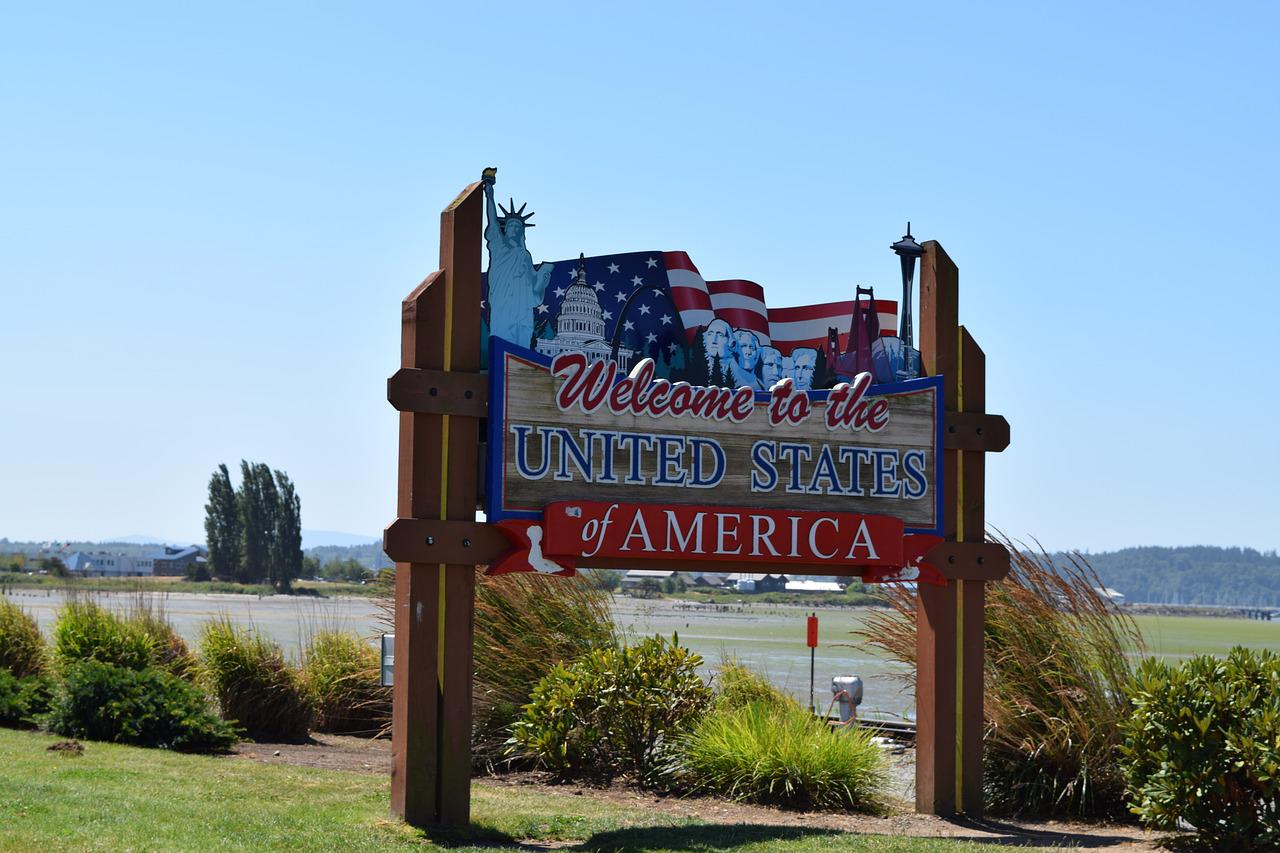
Exodus of Cubans to the U.S. reaches record numbers
From October 2021 to the end of July, border authorities have registered almost 178,000 Cubans arriving in the U.S.
Cuba suffers from an economic blockade that's lasted almost half a century. The Center for Democracy in the Americas, an organization in Washington, is calling for the lifting of U.S. sanctions as the number of migrants arriving in the U.S. has exceeded the amount of "Marielitos" to arrive in 1980 and during the raft crisis of 1994, triggered by previous economic problems.
Frequent power outages that sparked protests are likely to get worse. The recent massive fire that started with a lightning strike and engulfed eight storage tanks of a key fuel depot on the north coast, 100 kilometers from Havana, has only added to the outage crisis.
Before the fire happened, Cuban production was expected to grow by 3.4% this year according to United Nations forecasts. However, inflation is already approaching 30%, driven by devaluation and increases in fuel and other imports.
RELATED CONTENT
Between January and the beginning of June, the number of migrants arriving to the U.S. has exceeded 44,000, and most of them come from Cuba, followed by Venezuela.
According to the migration agreements between both countries, the U.S. must return illegal migrants intercepted on the high seas to the island, and Cuba must reintegrate them without legal consequences.
Several Cubans, unlike other migrants arriving in the United States, may turn themselves in to the authorities on parole and try to avail themselves of the Cuban Adjustment Act of 1966, a benefit that dates back to the Cold War and allows those who leave Cuba to apply for legal residency in the country.











LEAVE A COMMENT:
Join the discussion! Leave a comment.